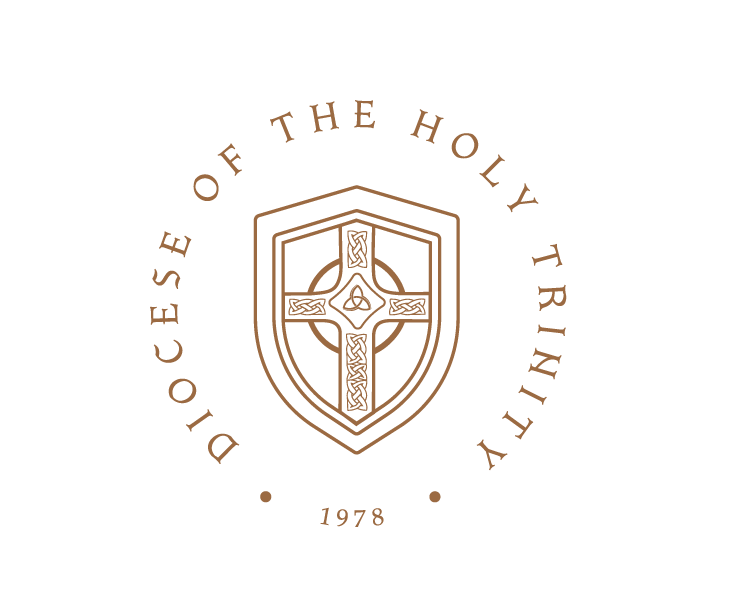Lenten Opportunity
I once heard a radio preacher speak against the idea of fixed times and seasons of fasting. He opined that fasting should be practiced only in response to personal inclination and need. He had a point; fasting can be an appropriate part of our prayerful response to a personal or corporate crisis. For example, the prophet Joel called for a fast in response to a locust plague. However, there were also fixed annual times of fasting in the Old Testament—for example, on the Day of Atonement. There is a biblical case for both the liturgical and the emergency fast.Lent is a fixed season of fasting. The church calls us to fast whether or not we are currently experiencing a crisis. The purpose of Lent is to conform our lives to pattern Christ’s life. The calendar shapes our lives by the rhythm of his life. We don’t live merely through winter, spring summer and fall; we live through Advent, Christmas, Epiphany, Lent, Easter, Ascension, Pentecost and Trinity. As we adopt the attitude of prayer appropriate to the theme of each season, our lives come to be shaped by the life of Christ. As this happens in a repetitive, annual cycle over a period of years, spiritual formation and growth occur.But there is also a more ordinary and practical benefit to Lent that serves as a rejoinder to the radio guy. Unless we are told to fast at some particular time, it is unlikely that we ever will. While it is all good and fine to talk about fasting on the prayerful impulse of the moment, very few people actually do. Left to our own devices, we will not often feel like fasting. In fact, very few Christians fast at all. Those who do fast tend to be those who are connected to liturgical traditions. Or, they tend to be evangelicals who are reconnecting to the ascetical practices of the church because they realize that spiritual growth doesn’t happen efficiently or effectively without discipline.Consequently, Lent is opportunity. The church tells us to fast now; to pick up our cross in some additional way now; to change our behavior is some significant way now; to “eat less and exercise more” now. The church pushes us to do what we will likely never do on our own. We should be grateful for the push.Moreover, the real danger of the spiritual life does not come from the periodic crisis. The real danger comes from the daily neglect of faithful duty. We are most threatened spiritually not by the one-off temptation to a major sin; we are most threatened by daily patterns of unfaithfulness. The major sin is usual the fruit of daily neglect over time. Thus, Lent, though it appears at fixed times each year, can still have a prophetic and converting impact on us. Lent is opportunity to repent and change in ways we always know we should, but never will unless the urgency is created for us.The forty days of Lent (forty six counting the Sundays) are just enough time for us to experience real change—if we commit so to some practice of fasting and prayer for the season. Why not take advantage of the lenten opportunity? As St. Paul says to us in the Epistle for the First Sunday in Lent, “Behold, now is the accepted time; behold, now is the day of salvation” (2 Corinthians 6:2).

